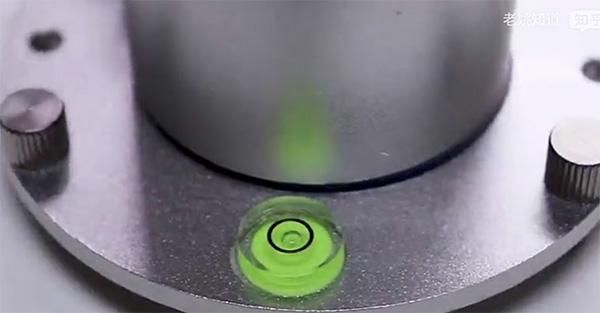8 Best Advantages of Aluminium
Lightweight
Aluminum is a lightweight metal with a density of about 2.73 g/cm³, which is only about one-third of the density of steel. This property makes aluminum an excellent choice for replacing heavier metals in various applications.
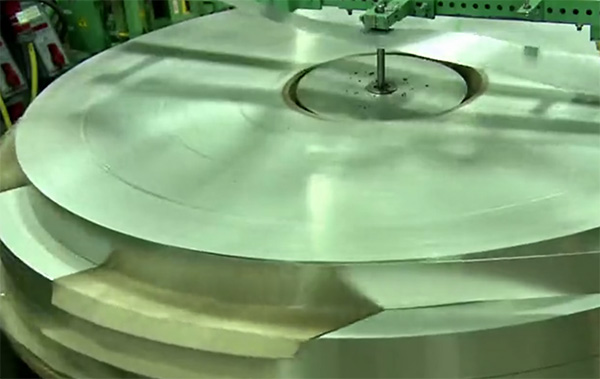
Low Melting and Boiling Points
The melting point of aluminum is approximately 660.3 degrees Celsius, and its boiling point is around 2467 degrees Celsius. These relatively low melting and boiling points make aluminum easy to melt and process, which is advantageous in many manufacturing processes.
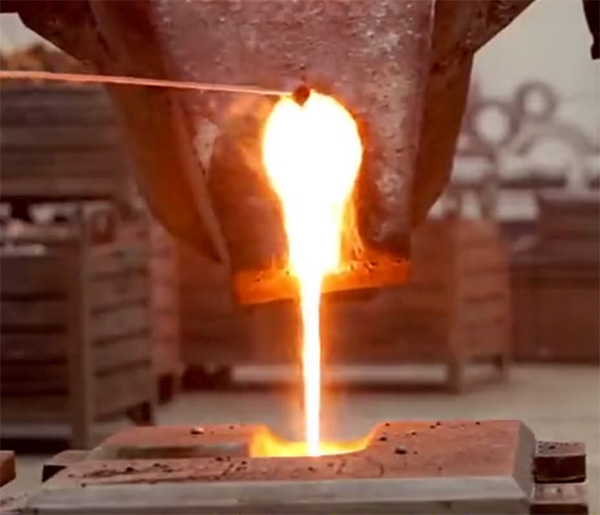
Good Electrical Conductivity
Aluminum is a good conductor of electricity, exhibiting high electrical conductivity. Because of this property, it is commonly used as a conductive material in many electrical appliances and wiring systems.
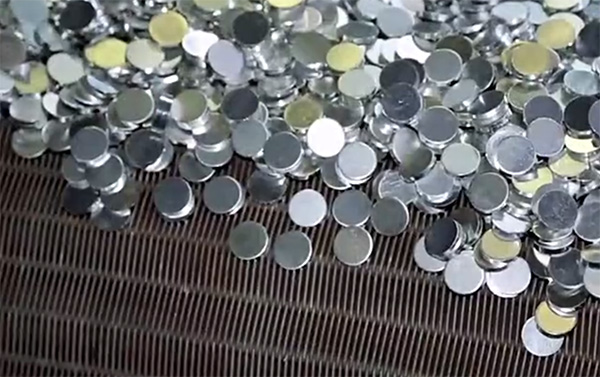
Good Thermal Conductivity
In addition to being a good electrical conductor, aluminum is also an excellent thermal conductor. It has higher thermal conductivity than many other metals, making it ideal for use in radiators, cookware, and other products that require efficient heat dissipation.
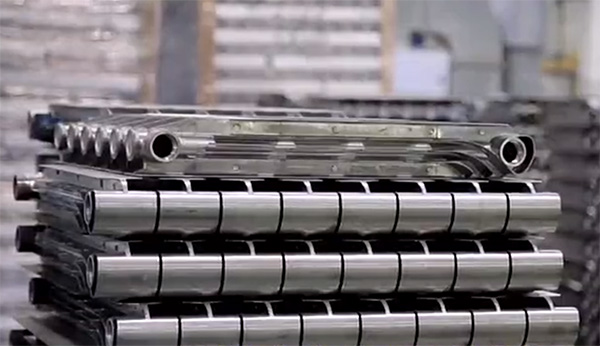
Beautiful Appearance
Aluminum has a silvery-white color with a bright metallic luster, making it popular in decorative and aesthetic designs. Its attractive appearance adds to its appeal in various consumer products.
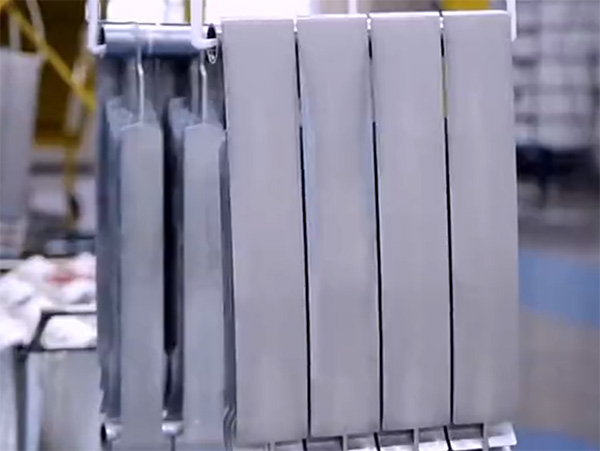
Strong Plasticity
Aluminum possesses good ductility, which gives it strong processing plasticity. It can be easily rolled, forged, and formed into different shapes. This property makes aluminum highly useful in manufacturing a wide range of products, including automotive parts, aircraft components, and packaging materials.
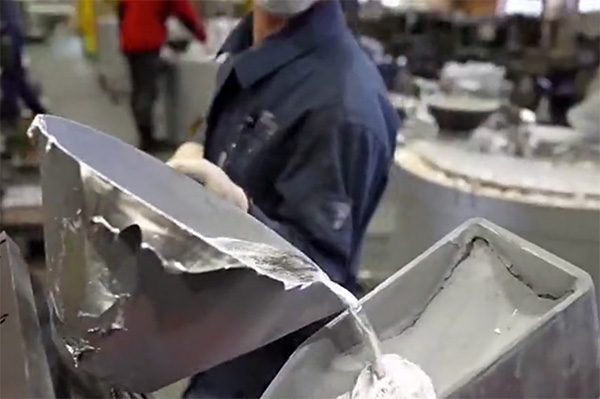
Not Affected by Magnetic Fields
Aluminum is a non-magnetic material, meaning it is neither attracted to nor repelled by magnetic fields. This characteristic is important in certain applications, such as in the manufacturing of electronic devices where magnetic interference needs to be minimized.
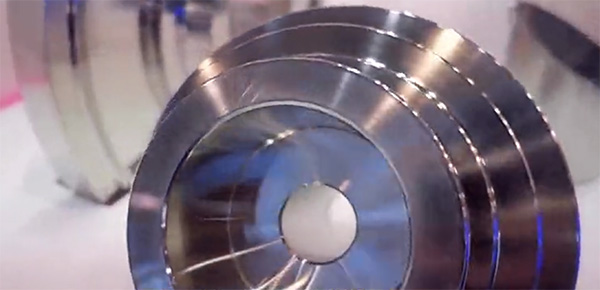
Good Reflectivity
Aluminum has excellent reflectivity, not only for visible light but also for ultraviolet light. This makes aluminum widely used in reflectors, lenses, astronomical telescopes, and various lighting applications.
